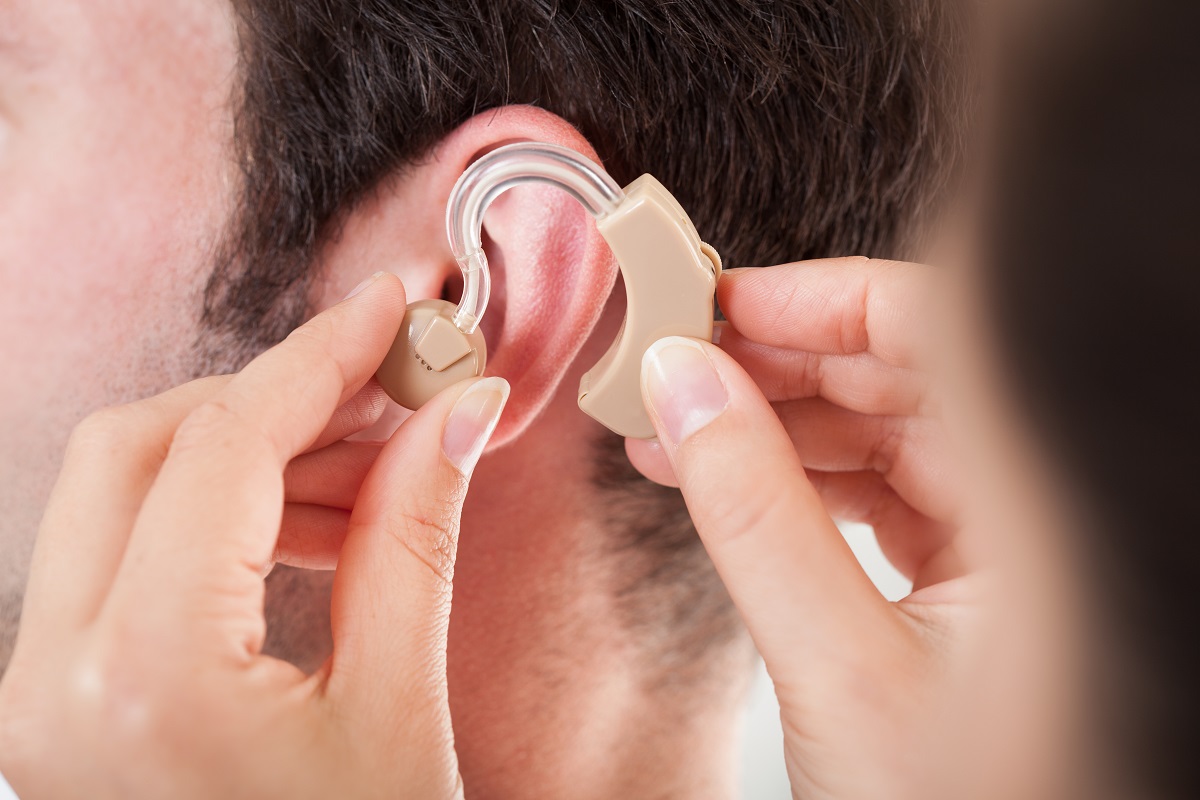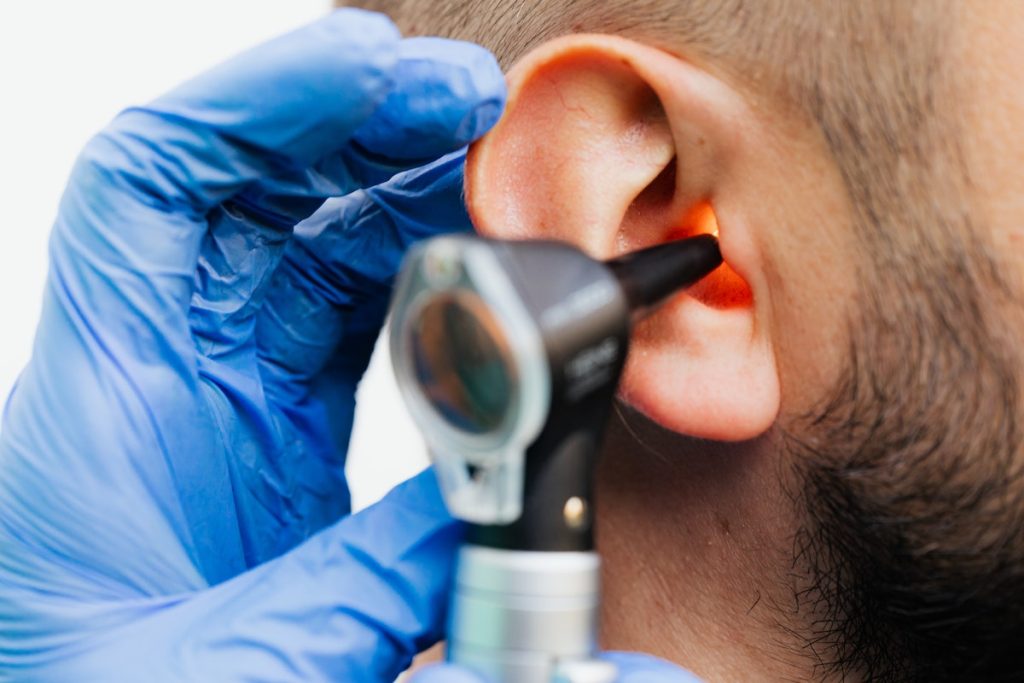- Audiologists are specialized professionals that have been educated in the diagnosis, treatment, and management of hearing loss.
- Working with an audiologist can help you maintain improved levels of hearing health over the long term.
- Regular check-ups are essential for maintaining overall health and wellness; individuals should get a check-up every three to five years.
- Microsuction is a safe, effective treatment for those dealing with excessive ear wax build-up.
- Early detection of hearing issues can help improve quality of life by allowing timely treatment or medical advice.
Hearing is one of the most critical senses, connecting people to the world and facilitating communication. Unfortunately, many people neglect their hearing health and fail to seek regular check-ups with an audiologist. This can lead to a range of issues, including hearing loss, tinnitus, and difficulties with speech and language.
No matter how young and healthy you feel, regular hearing check-ups are important for maintaining overall health and wellness. People take hearing for granted until they start to lose it—but without proper testing, you can’t be sure of your current hearing status.
Audiologists provide the expertise needed to detect subtle shifts in our auditory health, assess any functional impairments due to age or lifestyle factors, diagnose underlying conditions that might influence normal hearing levels, and help optimize vital connections between sound-processing areas of the brain and ears.
The Role of Audiologists in Hearing Health
Audiologists are important healthcare team members and play a critical role in hearing health. Their job is instrumental in recognizing any signs of hearing loss that require further evaluation or treatment involving surgery or medication. They are specialized professionals who have received extensive training and education in diagnosing, treating, and managing hearing loss.
Audiologists often gain experience working in otolaryngology clinics, hospitals, or specialty clinics focused on diagnostic testing or managing people with hearing disorders. Through these placements, audiologists develop firsthand knowledge invaluable in treating hearing issues and helping patients choose the right treatments for their unique situations.
Overview of Audiologist Services

An Audiologist is a professional trained in managing, identifying, and evaluating hearing conditions. They specialize in providing services to patients related to the auditory system, including hearing assessment, hearing aid fittings, and counseling/education advice.
Audiologists are also proficient in diagnosing other ear-related conditions, such as tinnitus and balance problems associated with inner-ear disorders. Furthermore, they can conduct specialized speech or language processing tests and refer directly to medical professionals if necessary.
Today’s audiologists are equipped with the latest technological solutions available to ensure their treatment plans provide quality results that optimize patients’ hearing health.
Benefits of Working With an Audiologist
Collaborating with an audiologist for hearing health can bring various valuable benefits. An audiologist operates at the highest level of hearing care, providing expertise in hearing evaluations, diagnosing and treating balance disorders, fitting and selling assistive listening devices, and counseling patients on managing their hearing wellness.
Audiologists have an in-depth understanding of identifying potential or existing hearing problems that come with age or after exposure to environmental factors such as noise pollution. Furthermore, they are dedicated to educating individuals on preventing and managing any future ear issues through their personalized guidance.
By linking their expertise to your individual needs and resources, working with an audiologist can help you maintain improved levels of hearing health over the long term.
The Importance of Regular Hearing Check-ups
Regular hearing check-ups are essential to keeping healthy, yet many people don’t take them seriously. Studies have shown that preventive tools like hearing tests can help identify health problems before they worsen and improve the quality of life among those with pre-existing hearing loss.
Hearing check-ups can reveal various conditions, ranging from minor to severe, that may require follow-up treatments or medical assistance. Not only can they detect hearing healthcare issues before they become severe, but they are also crucial in diagnosing other associated illnesses and helping you manage existing health problems.
Additionally, regular hearing check-ups allow specialists to monitor your condition over time and provide a better understanding of how treatment might affect your overall well-being and lifestyle. By recognizing signs of potential damage early on through screenings and preventive measures, you’ll be one step ahead in maintaining good ear health for years.
Recommendations For How Often to Get a Hearing Check-up
A regular hearing check-up is vitally important—it can help catch any issues before they become more severe and detect any underlying health factors that might be impacting your hearing.
To ensure optimal protection, you should get your hearing checked every three to five years, starting at age 18 and every year after age 50. Suppose you are experiencing ear or hearing issues, such as ringing in the ears, muffled or distorted sounds, or difficulty understanding conversations in noisy environments. In that case, you should consult with an audiologist as soon as possible before a check-up.
Additional Hearing Health Services
Audiologists provide a range of hearing health services in addition to regular hearing check-ups. These services are designed to help patients maintain good hearing health and address any issues that may arise. Some of the additional hearing health services offered by audiologists include:
Hearing Aid Evaluation and Fitting
Evaluating and fitting hearing aids is an integral part of audiologist services, as it can tremendously impact one’s quality of life. By providing a comprehensive assessment that looks at the type of hearing loss and lifestyle, audiologists can prescribe a suitable device for an individual to meet their specific needs.
This evaluation and fitting procedure is essential for everyone who struggles with hearing loss to improve their quality of life and stay connected in any environment.
Assistive Listening Devices

Audiologists specialize in helping patients maintain and improve their hearing health. One of the tools they use to do this is assistive listening devices or ALDs. These are designed to amplify sound, making it easier for people with hearing impairments or difficulties to hear. ALDs can encompass a range of products, such as telephones and TV adapters, to hearing aids and detecting warning sounds.
With the right advice and assistance from a qualified audiologist, individuals can choose the perfect ALD to be confident that their hearing will be cared for.
Microsuction for Ear Wax Removal
Ear wax, otherwise known as cerumen, is naturally produced in the ear and protects the ear from debris, dust, and germs. In some cases, too much ear wax can accumulate, leading to hearing difficulties or infection. Fortunately, there are treatments available for excessive ear wax build-up.
One such option is the microsuction for ear wax removal. Microsuction utilizes special devices with a microscope attachment and gentle suction to carefully remove built-up wax from the inner portion of the ear canal.
It is considered a safe and effective treatment for those dealing with excessive ear wax build-up. It is also highly recommended for anyone having difficulty wearing a hearing aid amplification device due to wax accumulation.
Audiologists are essential in helping people maintain their hearing health and mitigate any related issues. Their education, training, and skills enable them to discover problems early on, so these audiologist services can be provided proactively in the best interests of their patients.
Furthermore, the importance of regular hearing check-ups cannot be emphasized enough — those who are at risk for developing conditions related to hearing loss may find that scheduling a regular check-up could prevent further damage from occurring.
Ultimately, audiologists have become more relevant than ever by providing these expansive yet specialized services to those who need them. By partnering with one, you can begin understanding your body’s particular needs and develop a tailored action plan that works best for you moving forward.

